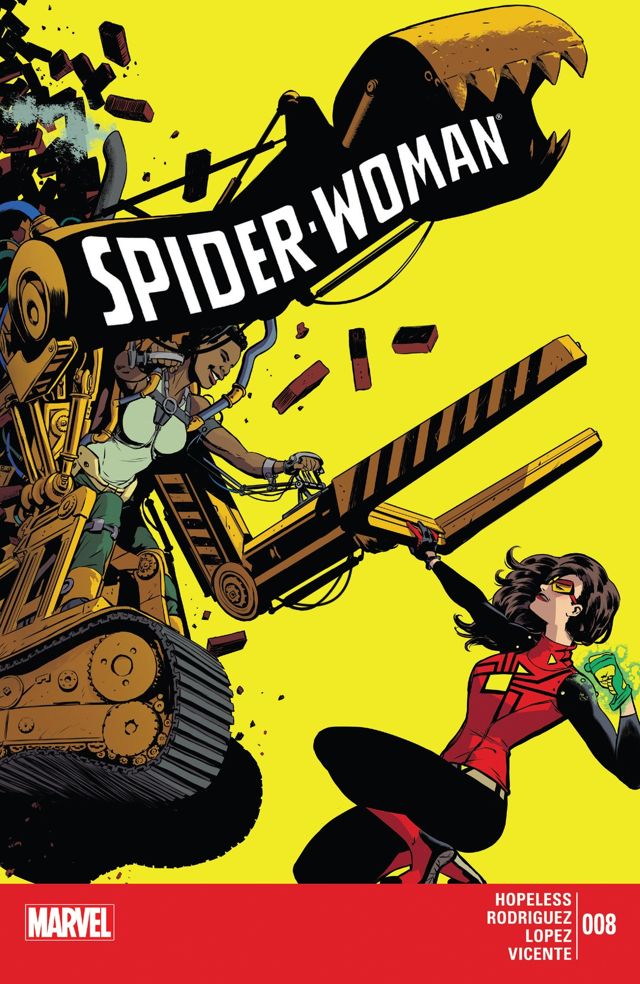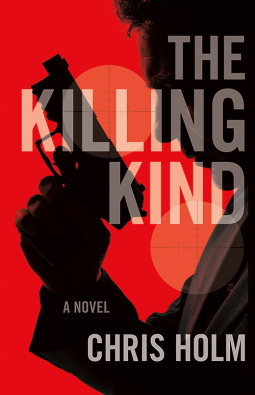 The Mirror Empire, Kameron Hurley
The Mirror Empire, Kameron Hurley
Received to review via Netgalley
It took me long enough to get round to this one, I know. Props to Ryan from SpecFic Junkie for poking and prodding me to finally get round to reading Kameron Hurley’s fiction. I wasn’t sure if I would enjoy it, because I had read the start of both this and God’s War before, and bounced off. That seems to have been a timing/mood thing, because I found a lot to fascinate me this time. Hurley can really do weird, in ways that come to feel more organic than, say, China Miéville’s brand of weird. I can never forget that’s weird. Reading The Mirror Empire, carnivorous plants and mirror worlds and all the other details quickly settled into feeling normal for the reality I inhabited while reading the book. It was never not fascinating, but I learnt the rules, and I didn’t feel like bizarre things were there just to be bizarre. It was part of building a whole world with a coherent mythology.
The contradictions that other reviews I’ve seen have mentioned… well, I didn’t notice them. To me, the whole concept of the mirror worlds came together well. Likewise, the stuff people accuse Hurley of putting in just to be shocking. Like, the ataisa, people who are neither male nor female but somewhere in a grey area. That’s not new in speculative fiction at all, and it’s baffling when people say it is. It isn’t even new in the real world for people to feel that way. What’s shocking and new is apparently just the fact that Hurley includes them, matter of factly, and it doesn’t have to be plot-relevant. I’d love to know more about Taigan and why she is the way she is (I use ‘she’ because that’s how she identifies at the end of the book), particularly the fact that unlike other ataisa, her transformation is physical. But it doesn’t have to be plot relevant: it’s character relevant, it adds another layer to the world. Why not?
There’s also polyamory, queer relationships, female-led societies and relationships. None of that is shocking — or rather, if it is, then you’re living your life with blinkers on.
I did struggle with the rape elements in this story. The degree to which particular characters consent or not, whether we’re meant to see one character in particular as heroic. In the end, I felt that Zezili — for example — was a character with nuance; her relationship with Anahva was unequal, and it didn’t seem to matter whether he gave consent or not, to her. But I didn’t see that as being excused by the story. It was a part of the character, like killing innocents, like opposing the Big Bad of the book. Good and bad in one person, and not always distinguishable.
As for the complaint about a lack of strong male characters… uh, Taigan? Roh? Ahkio? Oh, I see, your problem is that they aren’t all traditionally strong (or male all the time, in Taigan’s case). But it’s nothing like the straight flip that people are making out: the female characters aren’t all one brand of strong, either.
In the end, I enjoyed this a lot. It does feel a little too dark for me at times, but there’s a lot to enjoy too; loads of world-building, interesting characters and relationships, etc. I’m looking forward to the next book, and to going back to God’s War.
Rating: 4/5









